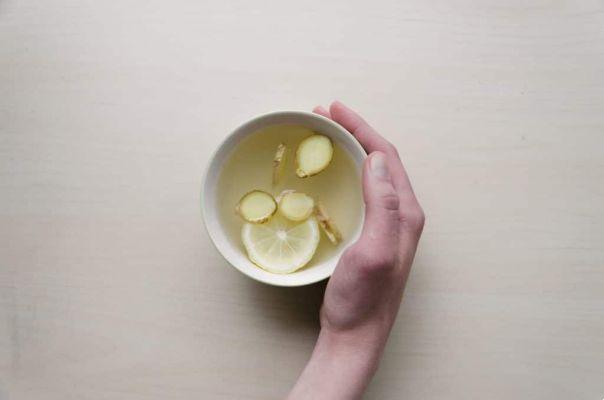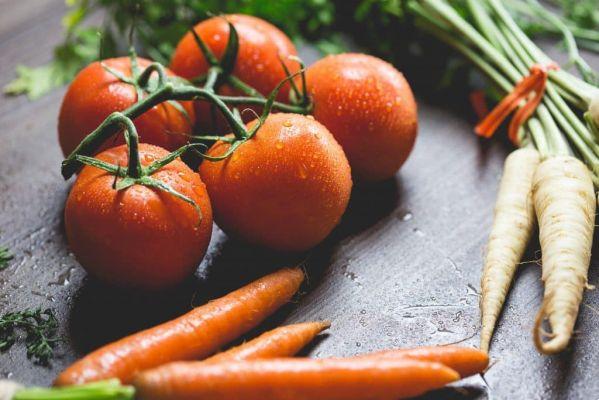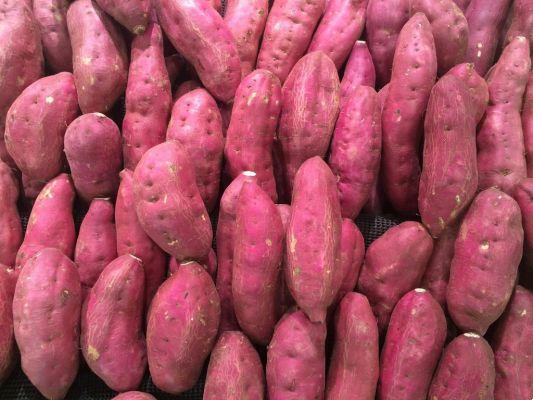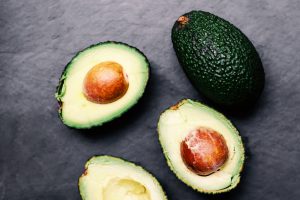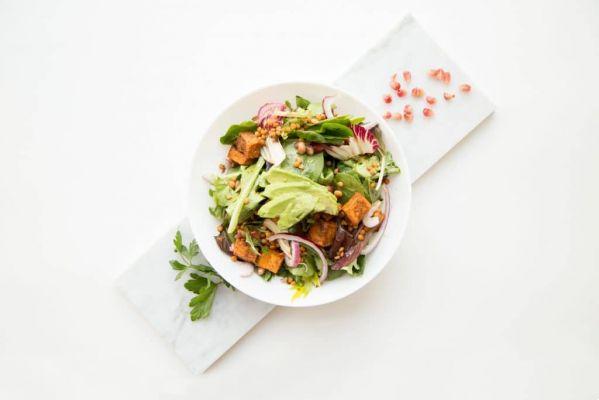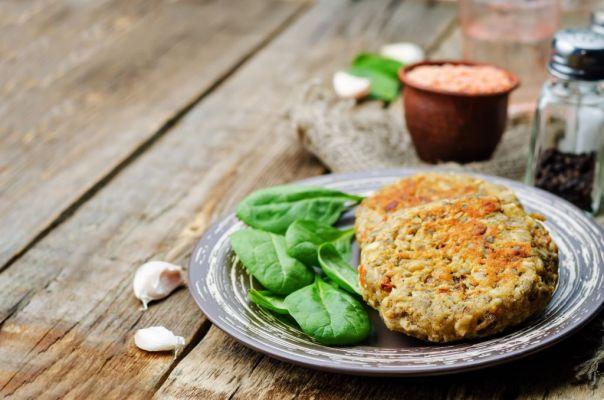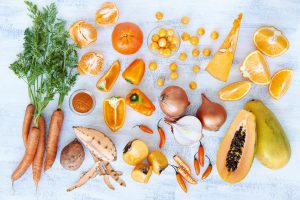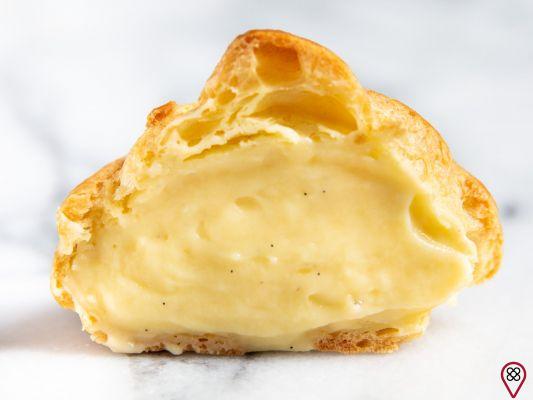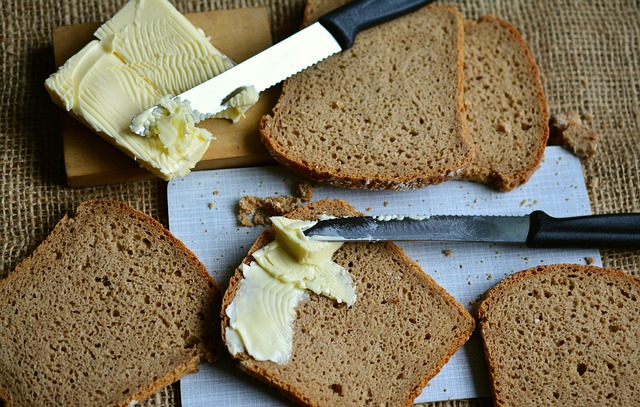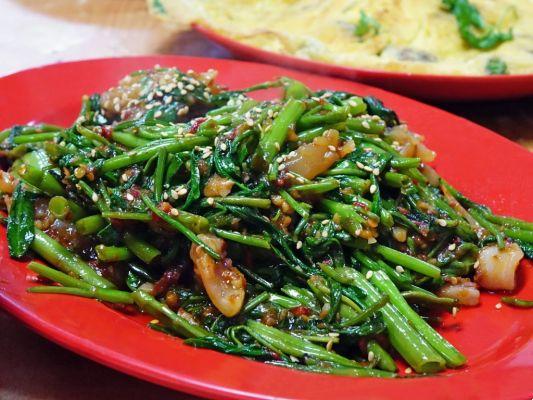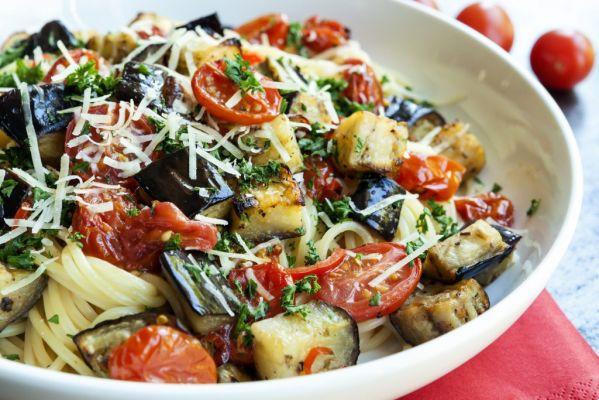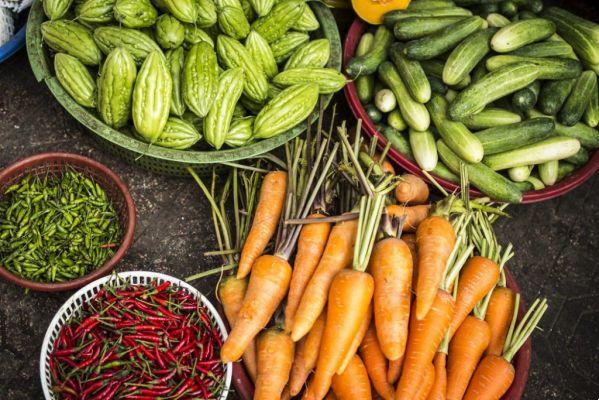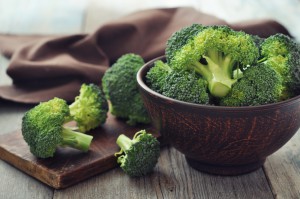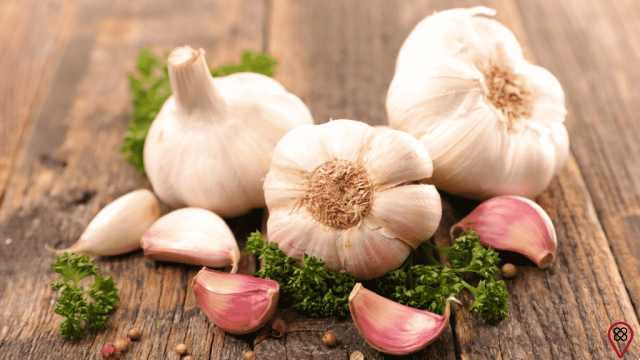Jewish New Year celebrations include prayers, traditional rituals, meals around a well-set table and bringing together family and friends who share the same religious belief, all in an atmosphere of harmony, peace and joy.
The foods that make up the meals are special to transmit to descendants the religious teachings and perpetuate the customs, among them, those that are understood as symbols to bring good luck in the coming year. It is worth remembering that luck for the Jewish people does not have a superstitious or folkloric meaning, but a blessing and merit.
There are two major Jewish communities: the Sephardic, of Western European and North African Jews; and the Ashkenazim, of the Jews of Eastern Europe and Asia, for whom the foods that make up the meals of the Jewish New Year differ a little, but the rituals are adopted equally by all the Jewish people.
Discover here everything that involves the foods that bring luck in the Jewish New Year, as well as the symbolism that each one represents in this celebration.

Dessert Wine
The festive meal on the two nights of the Jewish New Year begins with a cup filled with sweet wine or grape juice (for those who cannot consume wine), over which the blessing is recited “Blessed are You, Lord our God, King of universe, who gave us life, sustained us and brought us to this time”.
Wine has been produced for over 2.000 years in Israel and is a strong tradition in this and other Jewish celebrations. He represents the life and fertility of the earth.
Chala
Challah is a sweet braided bread in a circular shape (usually oval) in the Jewish New Year, without angles or edges (so there are no conflicts during the year), symbolizing continuity and eternity.
It represents the hope that God bestows infinite blessings, personal and collective, and also reminds everyone of God's kingship.
After the ritual of hand washing, the head of the family takes two challahs (plural of challah) and says “Blessed are You, Lord our God, King of the universe, who brings forth bread from the earth”.
A piece of bread is dipped in honey or sugar and eaten first by the head of the family, who offers a piece to each of those present. It is customary to dip the bread in honey instead of the usual salt, at every meal from the first day of the Jewish New Year until the seventh day of Sukkot (the Jewish feast of harvests).
Challah can also be eaten with egg liver pâté, the latter being a symbol of birth.
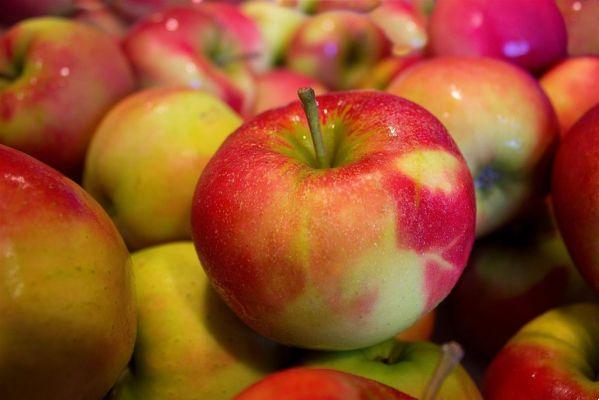
Apple
The apple is one of the most traditional foods and is part of the table, because it symbolically expresses man's desire for devotion and courage. She is the divine emanation of mercy, beauty, harmony and peace, representing God's love for His people.
The fruit with the skin is sliced and each slice of sweet apple is dipped in honey. The blessing relating to it is recited: "May it be Your will to renew for us a good and sweet year."
The apple is consumed to bring the luck of a good and sweet new year, filled with joy, success, health and happiness in all areas of life.
Mel
Honey can be substituted for sugar, however the sweetness of one is different from the sweetness of the other. The former represents the sweetness resulting from difficult experiences and symbolizes the hidden goodness of God, the blessings that present themselves in the guise of challenging experiences, but then reveal themselves as a benefit. Sugar, on the other hand, represents pure sweetness, the revealed goodness of God.
Honey represents the hope that God's mercy will reach each one, out of His infinite compassion, producing a sweeter result, especially since the Jewish New Year is also a time of repentance for sins and of Divine Judgment on one's deeds. in the year just concluded.
There is a specific prayer for honey: "Merciful Father: thus honey represents the hope that the sentence decreed by the Supreme Judge will be assuaged by His compassion."
Chard
After eating the apple soaked in honey or sugar, three foods are consumed (chard, leek or onion and date) to ask God to drive away, eliminate and strain all enemies, remembering that they are not people, but spiritual forces. negative.
To eat chard (prepared in salad or cooked), “silca”, a word that comes from the root “silec” (to keep away), is to ask God to be removed from evil, or that evil be removed from you.
The phrase is uttered, "May it be Your will that Your enemies and Your opponents and all those who will our harm be removed."
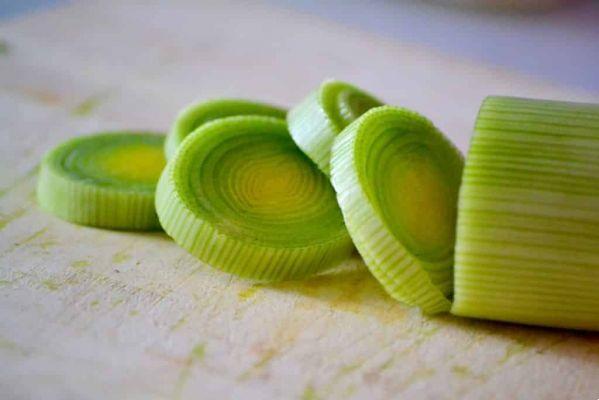
Leek
The Hebrew word for leek is “carat”, which means “to eliminate”. So the Jews consume it on the Jewish New Year so that God bestows the benefit that the enemies are overcome.
Before ingesting the food, the prayer is said: “May it be Your will that Your enemies and Your opponents and all those who want our harm be exterminated”.
Date
The word date comes from “tamar”, which has the root “tam” and means to exterminate. The Jews, when they consume the fruit (in the dry version), do so to ask God to strain their enemies.
Prayers are made for the forces of evil to get out of the way of all good people in the world.
Before consuming the fruit, it is said: "May it be Your will that Your enemies and Your opponents and all those who wish to harm us be consumed."
carrot or pumpkin
The word carrot and the term “multiply yourselves” can be translated into the word “mern”, in Yiddish (a mixture of several languages, including Hebrew). So, consuming this food on the Jewish New Year means asking for the virtues to be multiplied.
Before eating the carrot, which can be prepared as a sweet stew, the prayer is said: "May it be Your will that the evil decree of our sentence be torn to pieces, and that our merits be proclaimed before You."
The consumption of pumpkin has the objective that the virtues and good deeds of each one are considered for the Divine Judgment. It can be made into a candy. In Hebrew, it is “cara”, which refers to the word “cará”, which means “to nullify”. Before eating the candy, it is asked that the bad deeds be annulled and only the merits are considered.
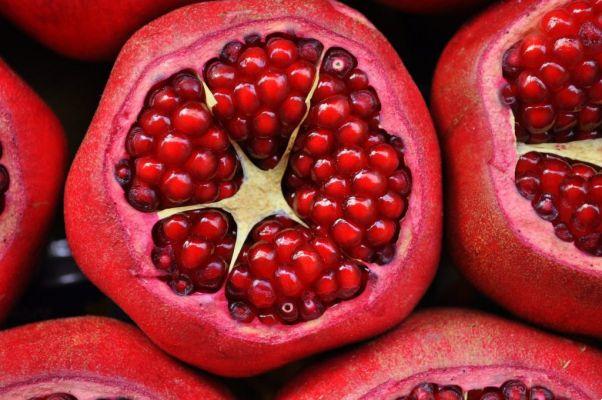
Pomegranate
The pomegranate is consumed so that the new year is better than the one that ended and has a lot of prosperity, represented by the amount of seeds of the fruit.
The fruit has about 600 seeds, almost 613, number of commandments of the Torah (sacred text of Judaism), having a very strong religious symbolism.
In the Jewish New Year, God is asked to allow those who pray to fulfill many divine commandments and perform good deeds, to be financially well, to succeed in Torah studies, good physical and spiritual health and tranquility. The pomegranate symbolizes material and spiritual abundance.
Before consuming the fruit “in natura” it is said: “May it be Your will that our merits increase in number like the seeds of the pomegranate”.
String Beans or Kidney Beans
In the same way that pomegranate is consumed to bring prosperity, abundance and many virtues to those who consume it, beans also have this symbology in the Jewish New Year.
Before eating, it is recited: "May it be Your will that our merits multiply."
ram's head
The ram's head or tongue (stewed, boiled or roasted) is a very symbolic food in the Jewish New Year, over which the prayer is to have the new year started with blessings and opportunities to exercise leadership and influence with wisdom, goodness and effectiveness.
Consuming this food means preserving traditions in all generations and descendants of the patriarchs of Judaism and remembering not to submit to any power other than that of God.
The prayer is made: “May it be Your will, Lord our God, God of our fathers, that we may be placed on the head (successful) and not on the tail (subdued), and that You remember, for our good, the ram sacrificed in place of our patriarch Isaac.”
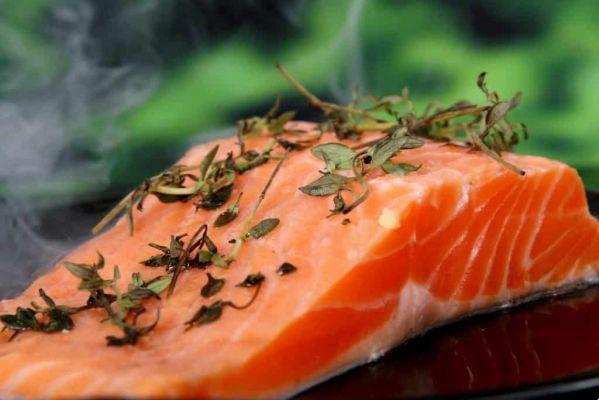
Fish
From fish (carp, catfish, herring, mullet) the head (roasted) can also be consumed, with the same symbology as the head of mutton.
The fish is the basis of the “gefilte fish”, a traditional cake offered to the oldest person at the table, who, before eating it, says: “May it be Your will that we bear fruit and multiply like fish; and looks after us with an open eye [attentively]”.
After the ceremony of symbolic foods that bring luck (blessings) in the Jewish New Year, dinner begins, a hearty and festive meal, which includes sesame, anise, rice, fruits with many seeds, honey cake, poppy seeds and others that evoke abundance and sweetness.
What Not to Eat During the Jewish New Year
During the Jewish New Year, the consumption of foods seasoned with vinegar and horseradish should be avoided, so that you do not have a sour or bitter year.
Nuts should not be eaten on these days, as the numerical value of the word egoz (nut) corresponds to that of the word chet (sin).
Sephardim and Ashkenazim
The Sephardic community has the custom of consuming apples, honey, chard, leeks, dates, pumpkin, cowpeas, pomegranate and sheep's head on Jewish New Year nights.
The Sephardim place in the center of the meal table a basket containing different types of fruits, all with many seeds so that good deeds will be numerous in the coming year.
The Ashkenazi have as a custom to consume apples, honey, carrots, cabbage, fish, pomegranate and fish head on the nights of the Jewish New Year.

more customs
On the second night of the Jewish New Year, in some communities it is customary to consume a new fruit in season.
Some Jewish groups bake challah bread in a spiral shape to remember that God will decide who will ascend and who will descend the steps of life during the period from the Jewish New Year until the Day of Atonement.
Challah bread is also made in the shape of a bird, a lesser-known custom, as a reminder of what Isaiah said in 31:5 – “As birds fly, so will the Lord of hosts support Jerusalem; He will sustain her, deliver her, and pass by will save her.”
Some Sephardim from Mediterranean and Middle Eastern countries begin the festive meal by serving a whole fish, expressing a wish for prosperity, fertility and good luck for the new year.
Moroccan Jews, however, do not eat fish on the Jewish New Year, because the corresponding word for fish is “dag”, recalling “d'agá” which means worry, which no one wants for the new year.
Delicacies of Jewish Cuisine to Celebrate the New Year
Union, prayer, welcome and a rich table with foods that bring luck in the Jewish New Year are the components of this celebration full of symbolism and good feelings of gratitude and joy. Some delicacies are family recipes, passed down through the generations and long awaited in the celebration. Meet some:
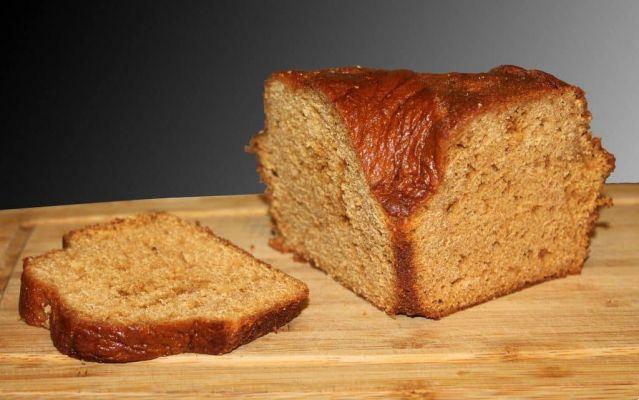
Bolo de Mel (Drugs)
Ingredients:
- 3 and ½ cups (tea) of wheat flour;
- 1 tablespoon of baking powder;
- 4 tablespoons of cinnamon powder;
- 1 tablespoon of ground cloves;
- 1 tablespoon (dessert) of nutmeg;
- 1 pinch of salt;
- 1 cup (tea) of cooking oil;
- 1 tablespoon of vanilla extract;
- 1 cup (tea) of brewed coffee;
- ½ cup (tea) of orange juice;
- 1 cup (tea) of honey;
- 1 cup (tea) of sugar;
- ½ cup (tea) of brown sugar;
- 3 eggs.
Preparation:
Place the dry ingredients in a bowl (the first six ingredients), mix well and set aside. In another container, add the liquid ingredients (oil, vanilla extract, coffee, orange juice and honey). In the mixer, beat the whole eggs with the sugars and gradually add the liquid ingredients. Gradually add the dry ingredients to the mixture, just mixing with the “fouet”, so that a homogeneous cream remains. Divide the mixture between two loaf pans greased with oil and sprinkled with flour and bake in a preheated oven at 180 degrees until golden. Preparation time varies around 40 minutes, depending on the oven.
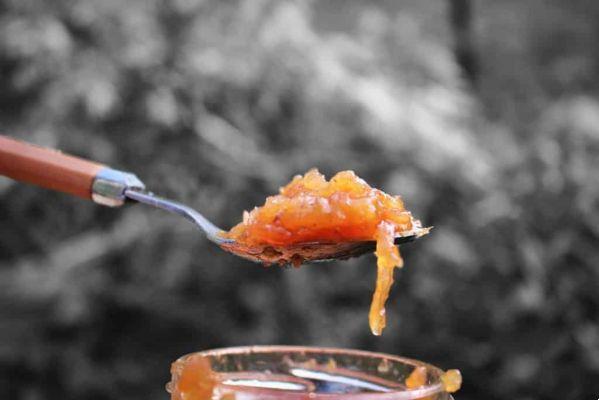
Sweet Carrot Stew (Carrot Tzimes)
Ingredients:
- 4 sliced carrots (grated, if you prefer)
- 2 tablespoons of oil;
- 2 tablespoons of honey;
- 12 prunes, pitted or ½ cup (tea) of raisins;
- Water to cover the carrots (if you prefer, use strained orange juice).
Preparation:
Brown the carrots for 10 minutes in the oil in a small pan. Add the honey and cover with the water or orange juice and cook for about 20 minutes or until the carrots are tender. Add the prunes or raisins and cook for another 10 minutes. Serve hot or at room temperature.
Gefilte Fish
Ingredients for the dumplings:
- 4 kg of carp or mullet;
- 3 onions;
- 4 eggs;
- 3 tablespoons of matzah flour;
- ½ cup (tea) of water or enough to bind the dough;
- salt and freshly ground pepper to taste.
Cookie preparation:
With the help of a knife, remove the bones, heads and tails of the fish. Discard the tails and reserve the spines and heads. Cut the fish meat into medium pieces. Place in a food processor and process the fish. Reserve. Peel the onions and pass through a fine grater. Reserve. In a large bowl, combine the grated onions, crushed fish, matzah flour, eggs, salt and pepper. Mix everything with your hands, leaving it homogeneous. If there is a need to bind, add a little water, without making the dough too soft. Moisten your hands with water. Remove two tablespoons (soup) of the dough and shape with your hands an oval cookie. After every three cookies made, moisten your hands again. Make all the cookies and keep in the fridge.
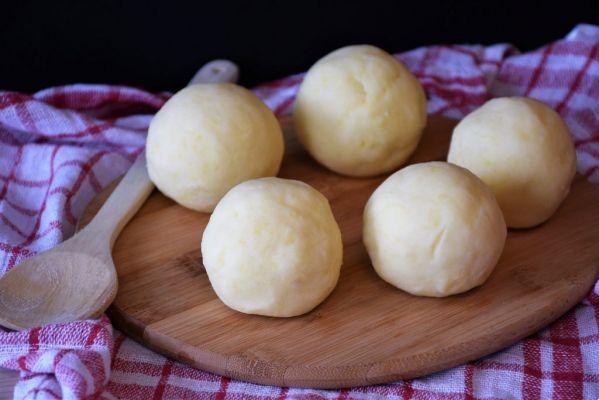
Ingredients for the broth:
- 4 chopped onions;
- 2 chopped carrots;
- 2 chopped celery stalks;
- 2 whole onions;
- salt, pepper and sugar to taste.
Preparation of broth:
In a large pot, place the chopped onions, carrots and chopped celery stalks. Place over medium heat and cook for 5 minutes, stirring constantly. Add the reserved fish bones and heads. Mix and let it cook for another 10 minutes. Add 3 liters of water to the mixture. Add the two onions and cook over low heat, with the pan covered, for 45 minutes. Once cooked, season with salt and pepper and turn off the heat. Strain the broth through a fine sieve and set aside. Discard leftover sieve.
Finishing the recipe:
Place the broth in a large pot and place over low heat. When it boils, add the dumplings (taken from the freezer about 5 minutes before) and let it cook on low heat for about an hour. Carefully remove the dumplings with a slotted spoon and serve hot or cold.
The meals of the celebration of the so-called Rosh Hashanah have maintained over the years a ritualistic part, with a lot of symbolism and religious meanings, with millenary foods that are consumed to perpetuate the connection with God. The other part is made up of foods that families prepare to make the family home evening even more special.
Some foods that bring luck in the celebration of the Jewish New Year are always welcome, mainly because, for Jews, luck means blessings from God, a little different from what most people of other religions understand.
You may also like
- Discover Rosh Hashanah, the Jewish New Year
- Bet on the idea of a healthier end-of-the-year dinner
- Understand honey as the connection food with our self
Knowing other cultures and religions is always enriching and it can be very different, but when we reflect on what we have learned, as is the case with foods that bring luck in the celebration of the Jewish New Year, we realize that people want the same thing: unity, peace and prosperity. Think about it and walk towards fulfilling that desire. Wish you a good and sweet New Year! “Shaná Tová Umetuká”.





